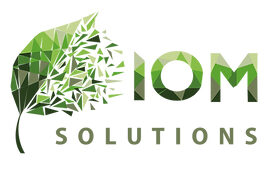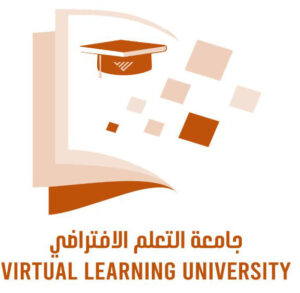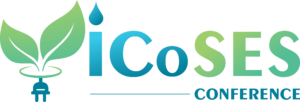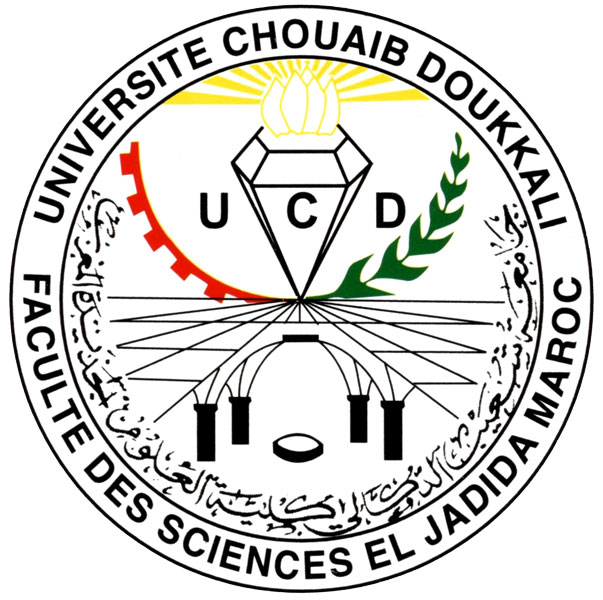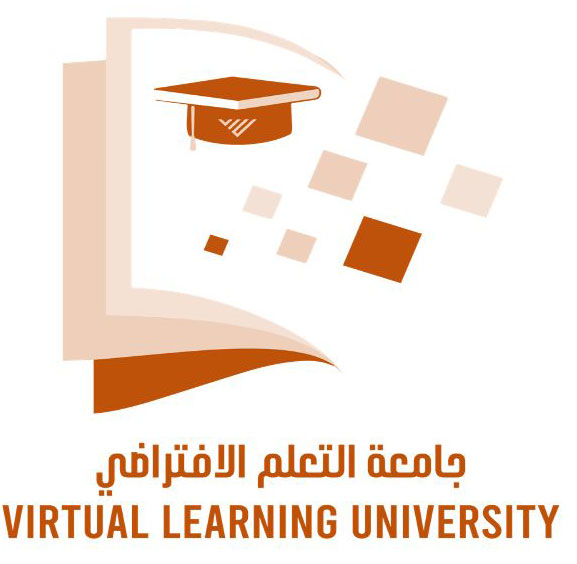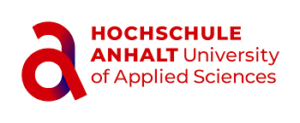We are sharing all past events with attendees, and we expect feedback and constructive comments on the events. We rely on feedback’s attendees to refine future programs, build strong relationships, and improve future conferences.
Linked to Past conference and webinars
Leave a Comment
Your email address will not be published. Required fields are marked *
-
Workshop on the O&M of Solar Plants using Advanced Technologies & AI
On March 18, 2024, IOM Solutions held a virtual Workshop on AI Application in Fault Detection and Maintenance Strategies for PV and CSP Technology. In this Workshop event we covered the lastest developments on O&M of solar power plants and how AI is integrated in this field.These Workshop included the world leading companies in these technology fields – PVRADAR Labs GmbH, Volateq, OTT Kipp en Zonen, Fracsun, and NTNU.
SPEAKERS
Thore Müller- PV RADAR
Thore Müller holds a Master of Engineering in sustainable energy supply from the RWTH Aachen. Before founding PVRADAR Labs he worked at the Research and Development department of French energy giant ENGIE in Chile and Belgium. Today he develops PVRADAR – a software platform for transparent soiling assessment from satellite data and seamless cleaning optimization for utility-scale PV.
Fabian Wolfertstetter – Volateq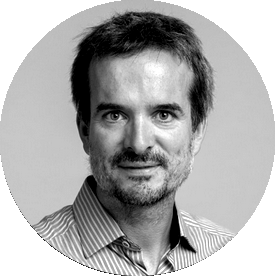
After his graduation as a physicist at the University of Munich, Fabian did his PhD in solar energy engineering at the German Aerospace Center (DLR) at CIEMAT’s renowned Plataforma Solar de Almeria in southern Spain. He led multiple international R&D projects in the field of energy meteorology and soiling, image analysis, sensor development and performance analysis for both CSP and PV technologies. He joined Volateq in 2022 to lead their PV and soiling product developments.
Marc Korevaar – OTT HydroMet
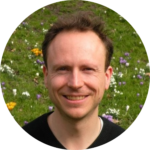
Marc Korevaar received his Ph.D. degree from the Delft University of Technology in 2013 for his research on applied physics of EM-CCD based detectors. Since 2013 he works at Kipp & Zonen in Research & Development. There he is involved in development of new solar energy detectors, their calibration and radiometry. Kipp & Zonen is a leading manufacturer of measurement instruments for meteorology and solar energy.
Catlin Mattheis – Fracsun

Catlin Mattheis has been working in the solar industry for 17 years. He began his career in the EPC side of the industry, working on some of the earliest C&I projects in the US. Performing site evaluations and production/yield analysis all the way to getting boots on the roof from time to time, he developed a passion for being part of the solar revolution. From EPC he moved upstream in the market and worked for a panel manufacturer in Singapore. During this time Catlin, Bryan and Scott had been working to fill a gap in the industry and build a best-in-class method for measuring soiling loss. Their first patent was issued in 2015 for this method and in 2017 they were awarded the first of two grants through the US Department of Energy. This grant program propelled their sensor into the mainstream where they are now monitoring soiling loss in 27 countries across over 11GW of solar assets. The team has now set their sites on a goal set from the beginning, and AI powered soiling loss model that will finally allow project developers to use reliable soiling loss data during project development and beyond.
Mohammadreza Aghaei – NTNU

Prof.Dr.-Ing. Mohammadreza Aghaei received a Ph.D. degree in electrical engineering from Politecnico di Milano, Italy in 2016. He joined Fraunhofer ISE as visiting scholar in 2015. He was a Postdoctoral Scientist at Fraunhofer ISE and Helmholtz-Zentrum Berlin (HZB)-PVcomB, Germany, in 2017 and 2018, respectively. He has been joined to the Solar Energy Engineering program at the University of Freiburg, as a Guest Lecturer in 2017. He was involved in several national and EU- funded research projects dealing with energy systems, energy flexibility, solar photovoltaics, and smart/autonomous technology. Currently, he is the coordinator of an EU Horizon 2020 project “COLLECTiEF” – Collective Intelligence for Energy Flexibility at the Norwegian University of Science and Technology (NTNU) in Norway. He is also a professor in the Department of Sustainable Systems Engineering (INATECH), Solar Energy Engineering program at the University of Freiburg. He is also an IEEE senior member, and he authored over 140 publications in internationally refereed journals, book chapters, and conference proceedings.
Youtube link: https://www.youtube.com/watch?v=XE59LBwNro0&list=PLw1Jjsp2NyODf7a6hszmcrpuTWhmWn6vE
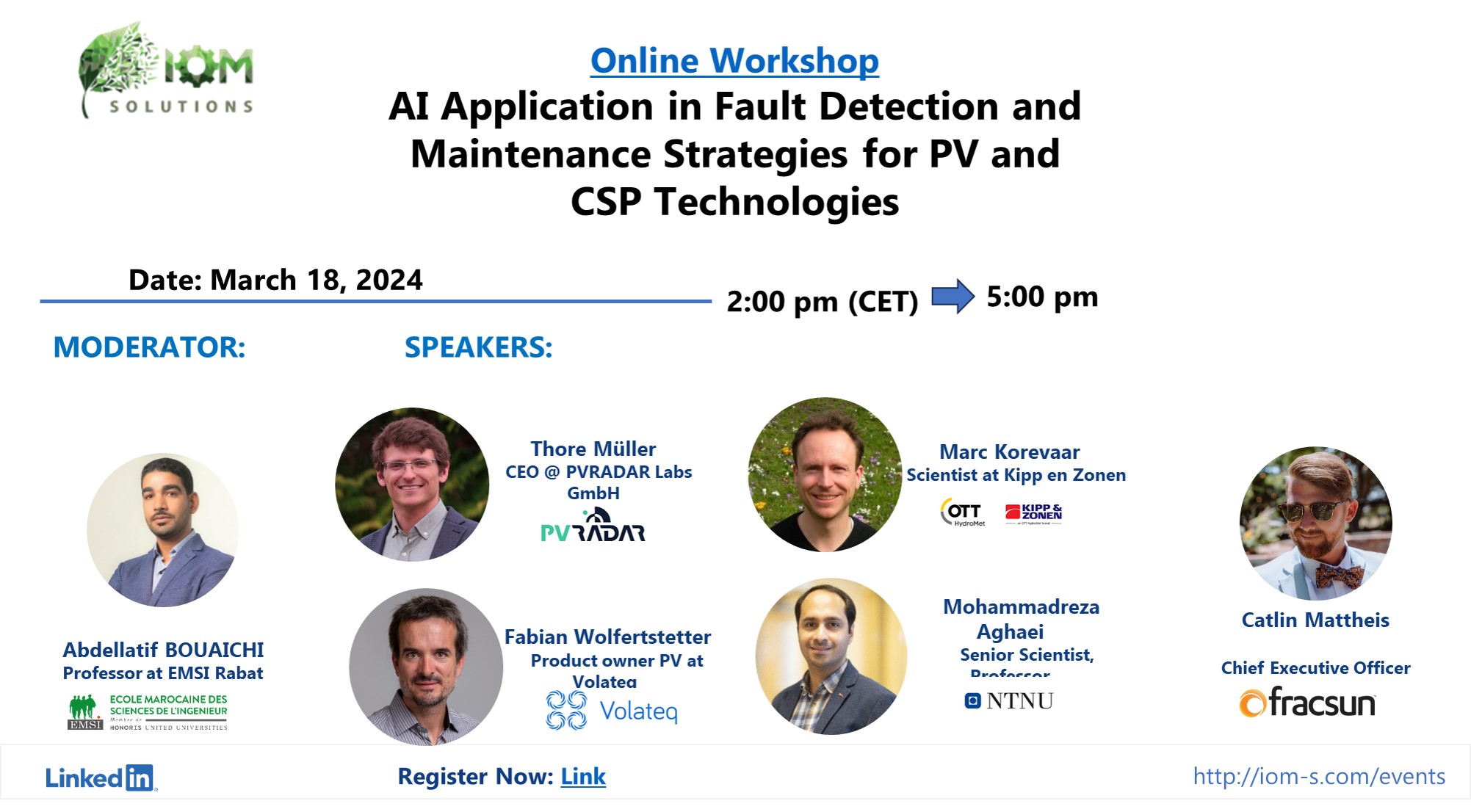
Snapshot on webinars of Virtual Learning University (VLU)
The webinars brought together experts who discussed advancements, challenges, and opportunities in photovoltaic (PV) technology and sustainable developement
Summary of the Webinar: Sustainable Silicon Photovoltaic Cell and Module Technology for the Terawatt ERA
Professor Dr. Evan Gordon – highlighted under the title: Sustainable Silicon Photovoltaic Cell and Module Technology for the Terawatt ERA) the The current status of the complete value chain of crystalline silicon based PV will be presented. Starting with an overview of the current PV technology used in industry, we highlight some ways in which the performance of crystalline silicon cell and module technology can be further improved, while simultaneously lowering the cost. New cell architectures, such as PERC, PERT, IBC, and passivated contacts will be highlighted. The cost of crystalline silicon photovoltaics can be further reduced with thinner wafers, reduced Silver finger for metallization. Finally. Theoretical efficiency limits of single junction silicon solar devices could be surpassed in the case of tandem cells with a crystalline silicon bottom cell and a high bandgap thinfilm top cell.
Summary of the Webinar: Lithium Ion Batteries Understanding the Basics to Face Future Challenges
Professor Dr. Isamail Saadoune – Discussed (under the topic: Lithium Ion Batteries Understanding the Basics to Face Future Challenges) all about Li-ion batteries (LiBs) which have been considered as the principal, unrivaled, and most efficient energy storage systems. He highlighted the progress that Battery technology has known, and the electrochemical performance of current commercialized LIBs unable to meet the new requirements of the growing energy demands. Challenges, as high power and energy density, safety, sustainability, are actually facing this technology and needing scientific and innovative approaches. Professor Saadoune highlighted the fundamentals of lithium-ion batteries, including the interplay between cathode, anode, and electrolytes, and discussed the challenges of scalability, raw material availability, and environmental impact. He explored advancements in solid-state batteries, sodium-ion batteries as alternatives, and the importance of recycling to recover critical materials. The presentation also underscored Morocco’s growing role in the battery ecosystem, with emerging gigafactories and collaborations with global partners. The session concluded with discussions on safety, battery management systems, and the evolving landscape of materials research to support sustainable energy solutions. As conclusion, the future challenges of LiBs are extremely depending on the development of each component of this technology.
This lecture brought into audience, the role and the existing chemistries inside the batteries and present the future R&D opportunities to tackle the future challenges.
Summary of the Webinar: Water Reuse to Enhance Water Security and Sustainability and Reduce Impacts of Climate Change
Dr. Saad Jasim, PhD, P. Eng – Under the title: Water Reuse to Enhance Water Security and Sustainability and reduce impacts of Climate Change, he summarized the facing Climate Change challenges, the need of Water Reuse, and advanced technologies, as ultimate choice to enhance water security, sustainability, and resilience. The Climate change induced water scarcity and environmental sustainability are some of the main drivers for augmenting supply through treated water reuse. The water industry is facing new challenges such as “Cyanotoxins”, “chemical of emerging concern” (pharmaceuticals, personal care products and endocrine disrupting chemicals), “antibiotic resistant bacteria, antibiotic resistance genes”, etc. The successful and efficient reuse of treated wastewater using advanced technologies, would provide a safe application particularly for agriculture will involve multitude strategies, which include increasing the reliability of reclaimed water as an alternative source to groundwater in irrigation, improving public awareness and attitudes towards reclaimed water, setting national public health and environmental standards for reuse, and implementing effective utilization plans in terms of increasing crop value and groundwater conservation.
Summary of the Webinar: The Effect of Doping on Oxide Materials and their Photocatalytic Activities in the Visible Light
Dr. Fatima Zahra Mezzat from Computational Physics Laboratory of Condensed Matter and Interdisciplinary Sciences, Faculty of Sciences, Mohammed V University, Rabat – Morocco. Is presenting a talk (in French) under the title “The Effect of Doping on Oxide Materials and their Photocatalytic Activities in the Visible Light” . This is the third PHD Research Seminar Series at VLU Research Seminar
The Moderator: Prof. Dr Abdelillah Benyoussef, permanent Member of the Hassan II Academy of Science and Technology, and founder of the former Laboratoire de Physique Statistique
Commentators:
Prof. Dr. Ahmed Ennaoui, Executive Director & Founder of VLU, Lecturer of PV Technology and Green Hydrogen.
Prof. Omar Mounkachi, Coordinator of the project on hydrogen storage.
This webinar start with an introduction (Prof. Ahmed Ennaoui) followed by Dr. Fatima Zahra Mezzat ´s talk
For more details visit and subscribe on these channels:
